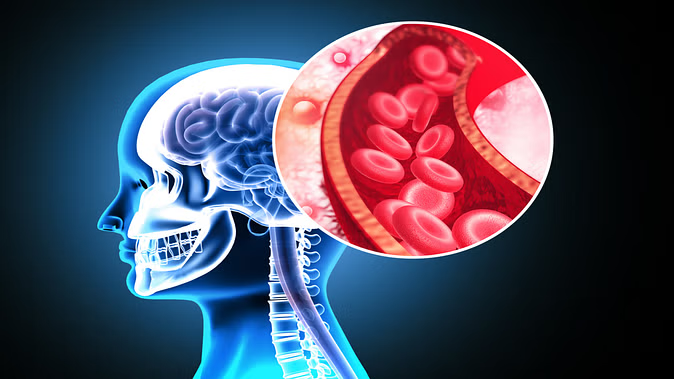The brain is the 'master' part of our body. It plays a very important role in the operation of all the functions of the body, along with emotional control. What you think, what you feel, how you learn and remember things, how you walk and talk, all these things are controlled and operated by the brain. For example, the brain can be called the central computer of the body which controls all the functions of the body.

This makes it clear that it is most important for the brain to remain fit to keep the body healthy and to keep working in a better way. However, due to some bad habits of our daily routine and disturbances in diet, many types of brain related problems are increasing.
Keeping these in mind, World Brain Day is celebrated every year on 22 July with the aim of increasing public awareness on various neurological health topics and educating people about keeping the brain healthy.
Increasing risk of brain disorders
International health organizations are very concerned about the increasing brain disorders around the world. Experts say that many factors including climate change, disturbances in routine are increasing problems for the brain. Due to rising temperatures, environmental factors like pollution and habits like smoking, physical inactivity, problems like stroke, migraine, epilepsy, multiple sclerosis, schizophrenia, Alzheimer's disease, and Parkinson's have become much more common than before. Even younger people are now falling prey to these diseases.
Let us know which of our habits are harming the brain, and which needs to be improved immediately.
Sitting too much is harmful
According to a report by Johns Hopkins, the average adult sits for six and a half hours a day, and all this time spent sitting on a chair has a very bad effect on the brain. A study published in the year 2018 found that the habit of sitting for too long causes changes in the part of the brain that is necessary for memory.

Researchers found in MRIs of some participants aged 45 to 75 that the medial temporal lobe (MTL) of the brain of people who were sedentary for a long time had become very thin. MTL is the part of the brain that forms new memories. This change can increase the risk of cognitive decline and dementia.
Be careful if you don't get enough sleep
The Centers for Disease Control and Prevention (CDC) said in a report that one-third of adults around the world do not get seven to eight hours of sleep every day. Research related to this found that people who sleep less are more likely to suffer from brain disorders. This also reduces cognitive skills - such as memory, reasoning, and problem-solving power. Lack of sleep for a long time also increases the risk of many mental diseases.
Effect of disturbed eating habits
Your diet also plays an important role in brain health. Consuming more sugar can negatively affect the hippocampus, the memory center of the brain. Avoid foods and drinks with high sugar content like bread, biscuits, and packed juices. Additionally, fried foods and alcohol also affect brain function. High salt intake in the diet also increases the risk of life-threatening problems like increased blood pressure and brain stroke.
(PC: ISTOCK)










